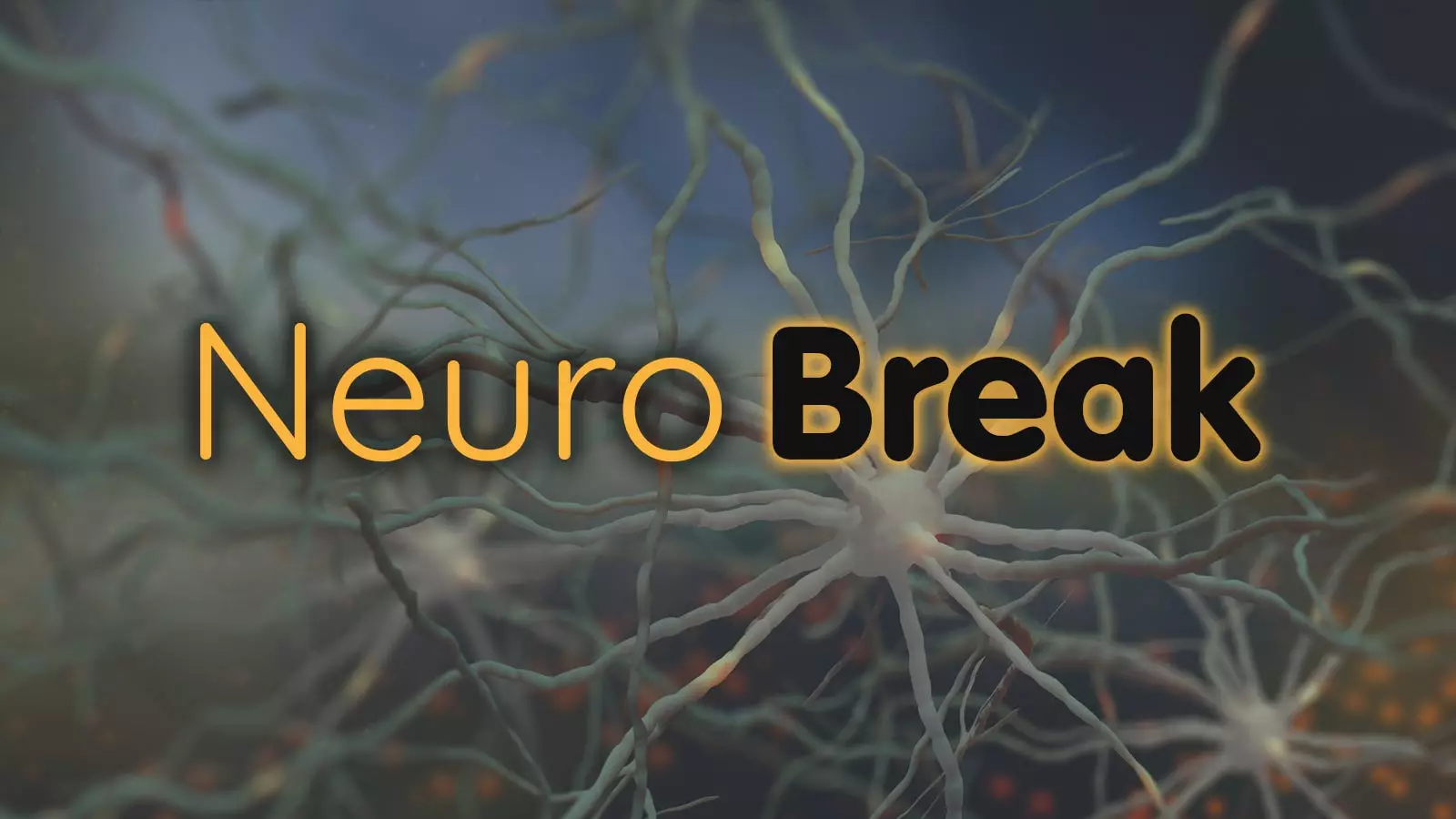It is fascinating to learn about the phenomenon of some individuals with dementia experiencing a brief period of lucidity before their death. The reasons behind this occurrence are still not fully understood, but it opens up new avenues for research and exploration in the field of neurology.
Researchers have highlighted the importance of discussing potential risks such as brain volume loss associated with anti-amyloid drugs when considering treatment for Alzheimer’s patients. It is crucial for clinicians to provide detailed information to patients to help them make informed decisions about their care.
Discovering the Role of Protein FLVCR2 in Choline Uptake
The identification of the protein FLVCR2 as a blood-brain barrier choline transporter sheds light on the mechanisms behind choline uptake into the brain. This could have significant implications for understanding brain function and developing targeted treatments for neurological disorders.
The responsiveness of new-onset small fiber neuropathy to treatment with intravenous immune globulin (IVIG) provides hope for individuals affected by this condition. Further research is needed to explore the underlying mechanisms and optimize treatment approaches.
The safety and potential effectiveness of intravenous acyl-ghrelin in improving neurologic outcomes for individuals in a coma after cardiac arrest are promising findings. This highlights the need for continued research into innovative treatment strategies for severe neurological injuries.
Enhancing Cognitive Function with Repetitive Transcranial Magnetic Stimulation
The positive impact of repetitive transcranial magnetic stimulation on cognition and functional connectivity in individuals with early Alzheimer’s disease showcases the potential of non-invasive brain stimulation techniques in improving neurological outcomes. Further studies are warranted to validate these findings.
Mapping Subcortical Brain Networks for Consciousness
The mapping of a subcortical brain network that may play a role in integrating arousal and awareness in human consciousness opens up new possibilities for understanding the complexities of the human brain. This research could have significant implications for the study of consciousness and neurological disorders.
The FDA approval of Medtronic’s Inceptiv closed-loop spinal cord stimulator for treating chronic pain represents a significant advancement in the field of pain management. This innovative technology holds promise for improving the quality of life for individuals suffering from chronic pain conditions.
The latest research findings in the field of neurology offer valuable insights into the complex mechanisms of neurological disorders and potential treatment strategies. By continuing to explore these discoveries and innovations, we can work towards improving outcomes for individuals affected by various neurological conditions.


Leave a Reply